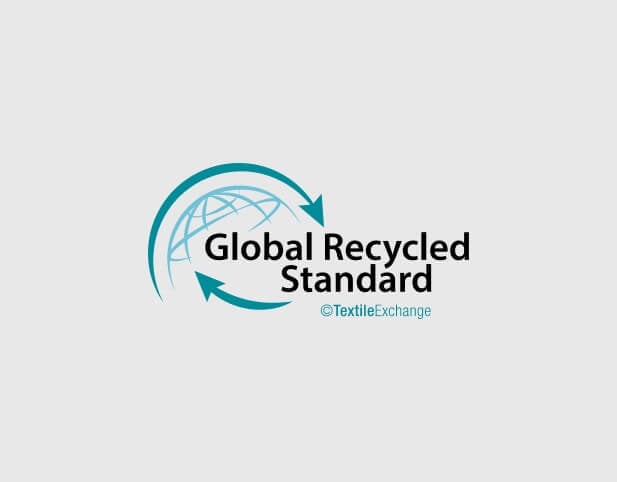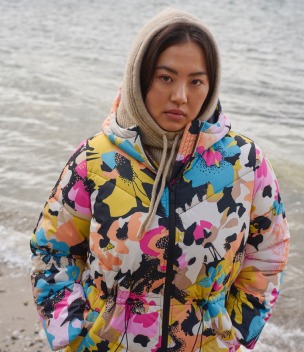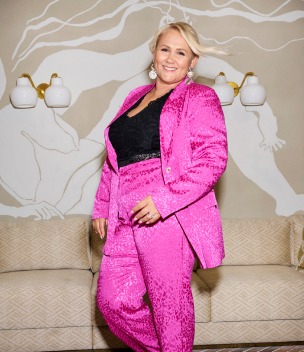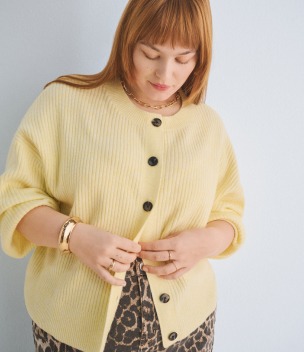Reflect
At Zizzi, we want to be a part of the change the world needs. We can all make better decisions and do more, but it’s together that we can do the most.
This is why, as a fashion company – and as your supplier of clothing for all occasions – we have a responsibility to provide better options. To enable you to make reflective choices about the clothes you buy.
For us, this means several things. First and foremost, it means we want to create clothes that you love, use and take care of.
Secondly, it means that we will offer more clothes that are made in materials that are well thought out and that take better account of the world we live in. You can read more about these materials here.
In Zizzi's stores and online, you can find products made from more responsible materials by looking for the brand "Reflect".
These items are made of a material that in one way or another is better than their classic counterpart.
This may mean that less water is used in production, that CO2 emissions are lower, that fewer chemicals are used, that the material is recycled or something else entirely.
There is not yet a material that can be classified as 100% sustainable. That's why we work towards using more considered and better materials - and we encourage you to reflect on your choices. Below you can find an overview of materials that qualify a product to be given the Reflect label - and about the advantages and disadvantages of the materials.
Keep reading and become better equipped to make more reflective choices when it comes to your consumption of clothing and fashion.
Organic cotton
Organic cotton is grown and produced without toxic chemicals, pesticides and GMOs (genetically modified organisms). This benefits biodiversity, farmland and groundwater, as well as the health of people along the value chains. However, organic cotton still requires large amounts of water and land. Read more about organic cotton and the Reflect label here.
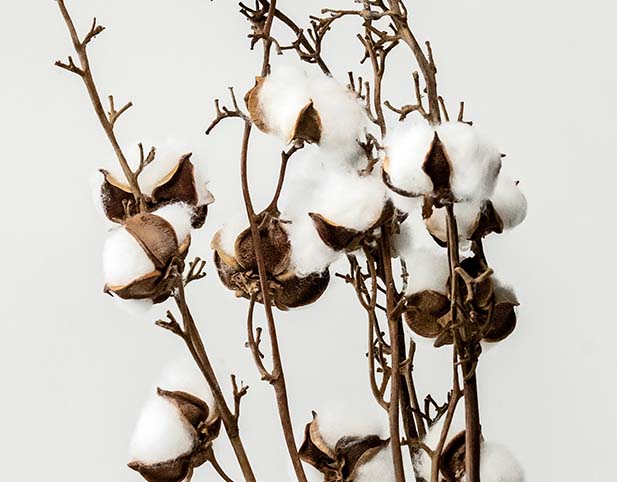
LENZING™ and ECOVERO™
LENZING™ and ECOVERO™ are trademarks of Lenzing AG LENZING™ ECOVERO™ Viscose is a viscose from the LENZING™ company. The wood used in its production comes from certified responsible forestry. Only ecological and non-toxic solvents are used for its production and the factories use a special production method so that water consumption and CO2 emissions are halved compared to conventional viscose. Read more about Lenzing, Ecovero and the Reflect label here.
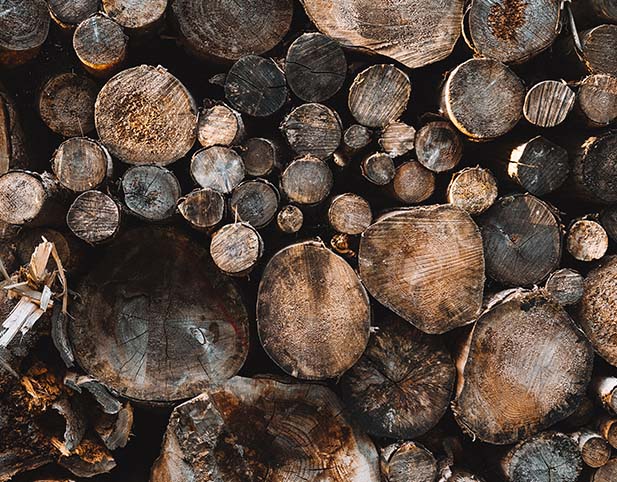
TENCEL™ Lyocell (LENZING™)
TENCEL™ is a trademark of Lenzing AG.
TENCEL™ Lyocell is a lyocell fiber produced by LENZING™. The wood used in the production of TENCEL™ Lyocell comes from certified responsible forestry. Only organic and non-toxic solvents are used. The factories use a closed system that recycles more than 99% of the solvents and water used in production. Read more about TENCEL™ and the Reflect label here.
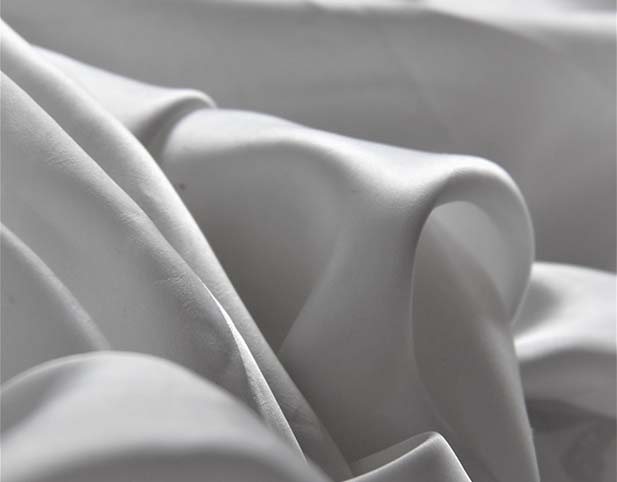
Recycled polyester
Recycled polyester is made from recycled plastic bottles, fabric scraps from production or used polyester products. Recycled polyester reduces plastic and textile waste and contributes in some cases to a more circular fashion industry. Read more about recycled polyester and the Reflect label here.
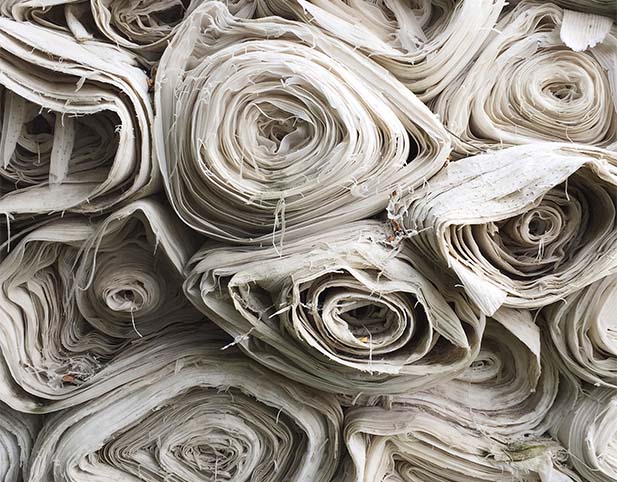
Livaeco™ by Birla Cellulose™ Viscose
Livaeco™ by Birla Cellulose™ Viscose is, just like EcoVero™, a viscose that is manufactured in a better and more responsible way than conventional viscose. The raw material in viscose is wood, and in this viscose, the wood is sourced from certified sustainable forest. The wood is processed into wood chips and dissolved in a chemical process, and then turned into a fibre that can be woven into fabric. Livaeco™ by Birla™ Viscose is manufactured using a closed loop process in which water and solvents are reused. This leads to lower water consumption and limits CO2 emissions. Livaeco™ by Birla™ Viscose can be traced through the entire production process using blockchain technology, providing transparency and insight into the product’s journey. Currently, viscose cannot be recycled. So take good care of any clothes made from viscose and mend them if they break.
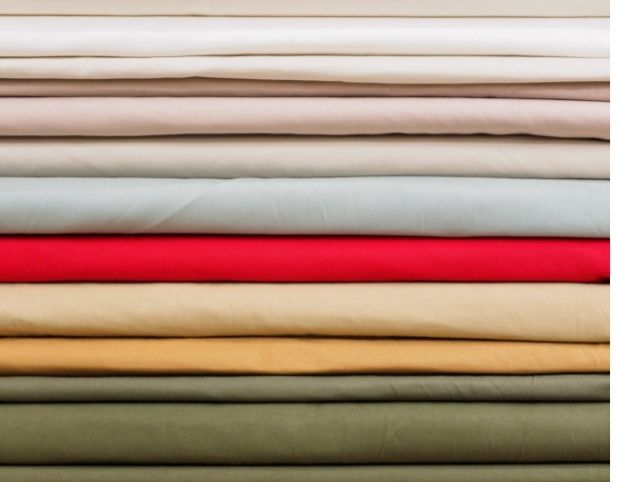
Global Organic Textile Standard (GOTS)
GOTS stands for Global Organic Textile Standard. It is the leading international certification standard within organic textiles. The certification is a guarantee that the cotton has been grown, harvested, and cultivated without the use of pesticides, GMOs, and other harmful substances. This safeguards workers’ health and the quality of the water and soil, where the cotton is grown. GOTS sets itself apart from most other organic textile certifications, by also having high requirements for other sustainability aspects, such as the social conduct in the supply chain. This includes workers being paid a living wage, a ban on child labour, and safe working conditions. Every link in the supply chain is checked once a year, to make sure they still meet the high requirements of the GOTS standard.
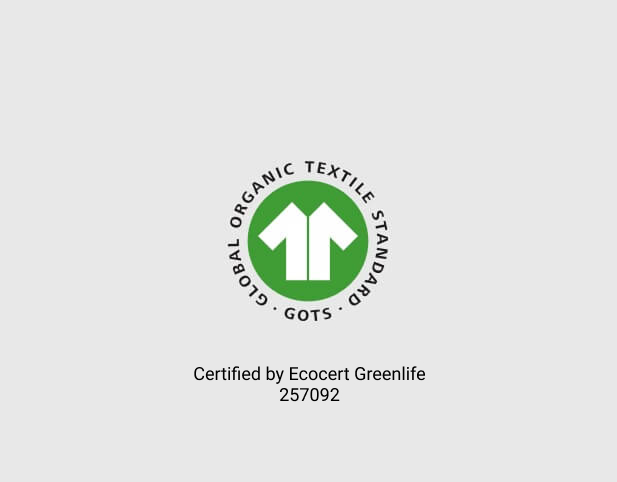
Global Recycled Standard (GRS)
GRS stands for Global Recycled Standard and is one of the leading standards within recycled textiles. The standard is a guarantee that at least 50% of the fibres in a product comes from recycled materials. Independent third-parties visit every link in the supply chain to make sure that virgin materials and recycled materials are kept separated. In addition to ensuring recycled content, the GRS standard also have high social and environmental requirements. Potentially harmful substances cannot be used in or on GRS products, and it is inspected that chemicals are handled in an environmentally safe manner. Workers must have clean and safe working conditions free of discrimination and child labour, which is banned
